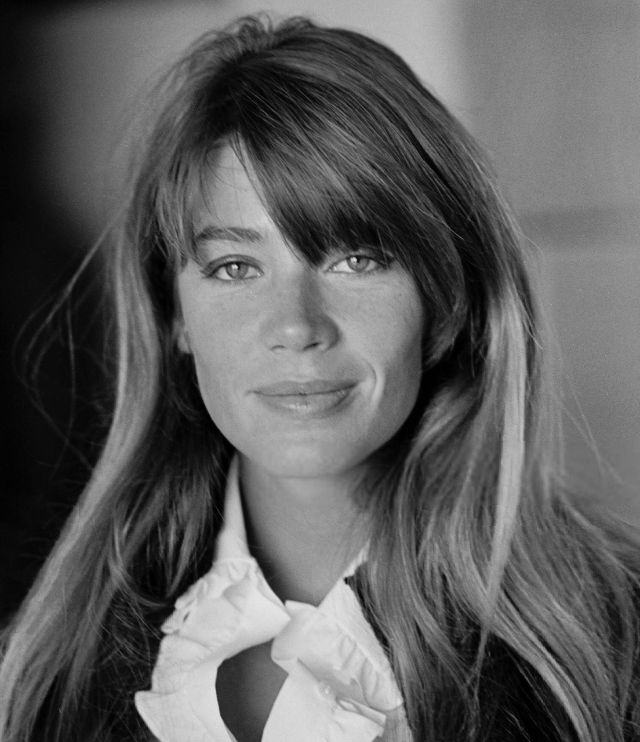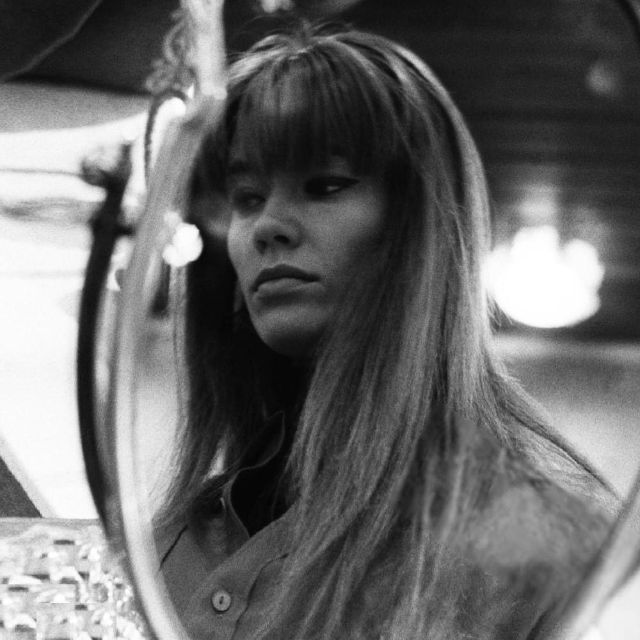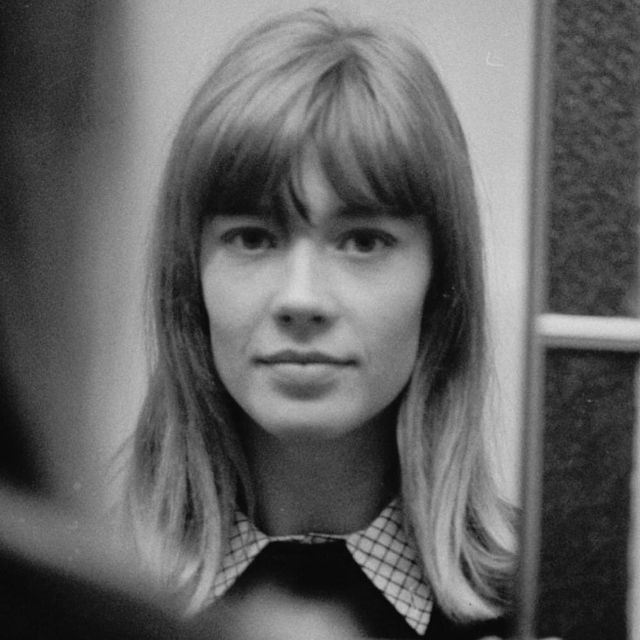Françoise Hardy, a French singer, actor and model whose classical beauty and often melancholy music combined to transfix fans internationally in the 1960s and beyond, has died at age 80.
Her death was reported by her son, the fellow musician Thomas Dutronc, who wrote “Maman est partie,” (or in English, “Mum is gone”) on Instagram alongside a baby photo of himself and Hardy.
Hardy had lymphatic cancer since 2004, and had undergone years of radiotherapy and other treatments for the illness. In 2015, she was briefly placed in an induced coma after her condition worsened, and had issues with speech, swallowing and respiration in the years since. In 2021, she had argued in favor of euthanasia, saying that France was “inhuman” for not allowing the procedure.
Born in 1944, Françoise Hardy grew up in a Parisian flat with her mother and sister, falling in love with pop songs on the radio. After receiving a guitar for her 16th birthday and auditioning with Vogue Records at 18, she released her first record—self-titled but now known as “Tous les garcons et les filles”—in 1962. The success of the title track, about a melancholy walk surrounded by happy couples, swept her into the burgeoning yé-yé scene, within which she was both a star and, in her wariness of fame and determination to write her own songs, a maverick outlier.
The record’s timeless songs, delivered in a tone of introspection and lust, made her a national treasure and won fans across the globe, particularly in England and the United States, where she remains one of few crossover French pop stars. She dabbled in film but preferred to focus on music. “Music and chanson allow you to go deep into yourself and how you feel, while cinema is about playing a part, playing a character who might be miles away from who you are,” she told The New York Times in 2018. A string of yé-yé albums ensued (and were reissued in 2015 by Light in the Attic), peaking with the 1966 masterpiece La maison où j'ai grandi.
Hardy proceeded from her first flush of fame with a resolve that would characterize her career. She resisted both industry intervention and collaboration for its own sake, tending to keep a distance from the male songwriters who lurked in the era’s shadows. In 1968, when Hardy and Serge Gainsbourg struck gold with their legendary recording of “Comment te dire adieu,” the songwriting giant invited her to record a full album with him. She declined, instead charting her own course into the annals of pop. Her subsequent early 1970s albums, La Question and Message personnel, were daring and original, cementing her in her own right in the French singer-songwriter canon.
In the 1990s, Hardy forayed into astrology literature, while continuing to expand the borders of her adult-contemporary pop with albums like Le Danger and songs with Blur and Iggy Pop. She received a lymphoma diagnosis in 2004, and, in 2012, defied doctors by surviving a life-threatening coma. She wrote a memoir, The Despair of Monkeys and Other Trifles, which was translated into English and released in 2018. She advocated in her final years for euthanasia, criticizing France for outlawing the procedure and writing in an op-ed, “I am afraid that death will force me to go through even more physical suffering.”
Her final album, Personne d’autre, featured a song called “Special Train,” of which she told The Observer: “At my age, I can really only sing about that one very special train that will take me out of this world. But, of course, I am also hoping that it will send me to the stars and help me discover the mystery of the cosmos.”

















































RIP
ReplyDelete